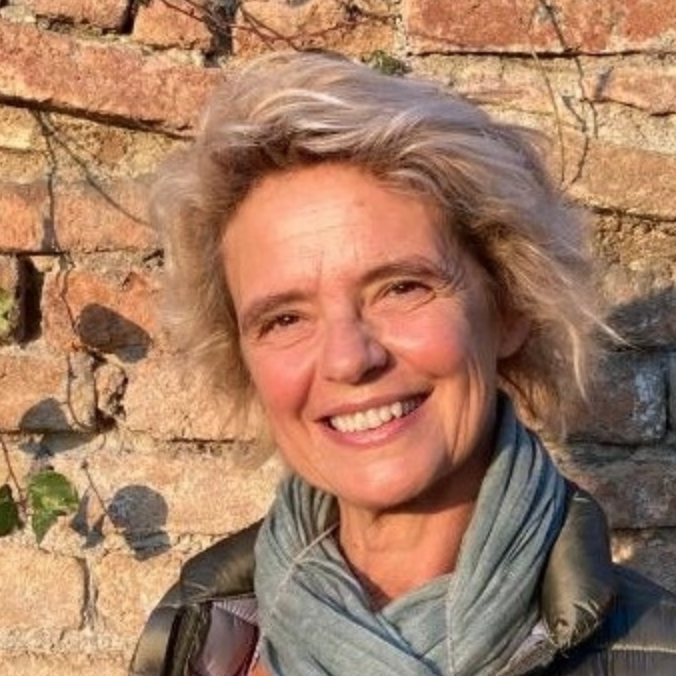Unhealthy nutrition habits are a major issue in industrialized countries. Several campaigns, promoted by both private and public institutions, tried to persuade to ditch junk food and embrace a healthier lifestyle. Still, the efficacy of such initiatives was disputed, and the social cost of poor nutrition is rising.
An effective communication is key to address the problem. In particular, the framing of messages has a deep impact on their effectiveness. Moreover, the validity of the same message varies among individuals, suggesting the need of personalized interactions.
To achieve a more useful and user-friendly communication, we combined the tools of social psychology and artificial intelligence to develop an innovative method.
At first, hundreds of volunteers were asked to answer a questionnaire, read some messages, and then compile a second questionnaire. Collected data were used to develop a psychological model of the variables influencing nutrition habits, and apt at explaining how each individual reacts to messages with different framings.
The psychological model was then translated into a Bayesian network. Using the Bayesian network to simulate answers of real people, an agent was trained by Deep Reinforcement Learning, and a policy to ask a subset of the items of the questionnaire and to send the most appropriate message was obtained. The loss function accounted for the effectiveness of the message, and a constraint on the maximum number of items to be asked was set.
The result was a method to send personalized messages aimed at nudging towards a deeper understanding of the risks of unhealthy nutrition. Discussion will focus on how the integration of psychological models and AI instruments can lead to a more effective, rewarding, and satisfying digital interaction.


